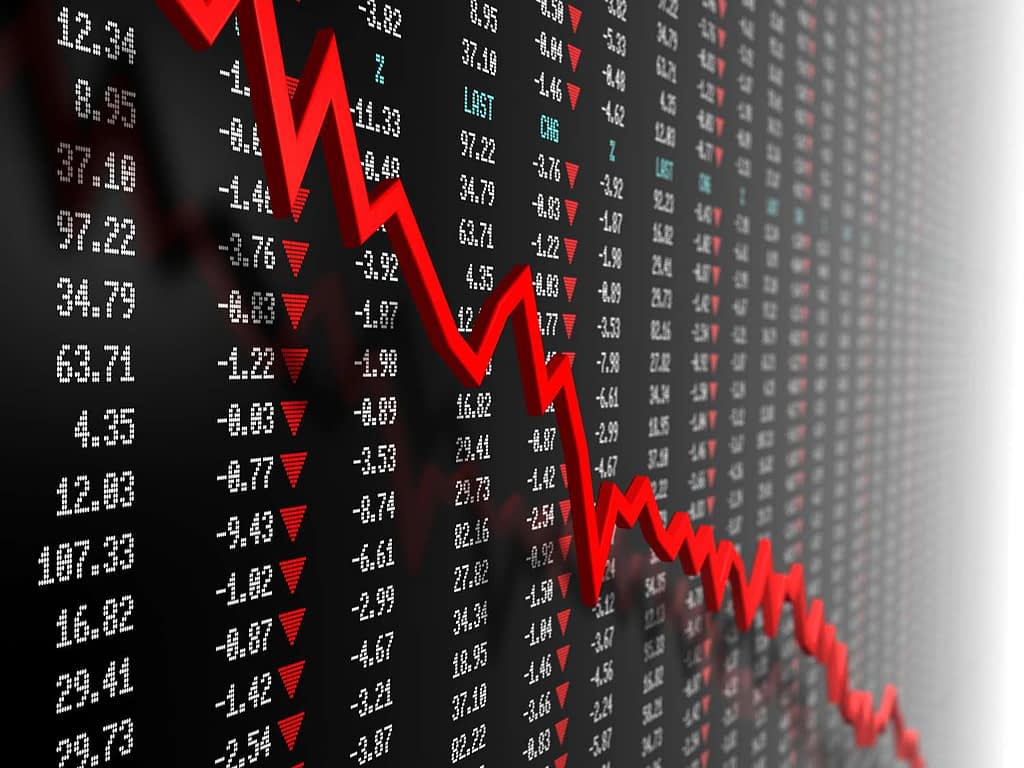At the start of Thursday’s trading, approximately $1.7 trillion was erased from the S&P 500 index. The cause was concern that the new extensive wave of tariffs introduced by President Donald Trump could plunge the economy into a recession.
The greatest damage was suffered by companies whose supply chains are most dependent on foreign manufacturing. Shares of Apple Inc., which manufactures most of its devices sold in the US in China, fell by approximately 8% after markets opened. Lululemon Athletica Inc. and Nike Inc., companies with manufacturing ties to Vietnam, recorded declines of around 10%. Shares of Walmart Inc. and Dollar Tree Inc., retailers whose stores are filled with products from outside the US, fell by approximately 2% and 11% respectively.
Key impacts of the new tariffs:
- Disruption of global supply chains
- Deepening of economic slowdown
- Inflation increase of up to 1.5% according to the Fed’s preferred indicator
- Negative impact on personal income and consumer spending
- Risk of the economy falling into recession
“In reality, no one is escaping the negative impacts in absolute terms,” said Garrett Melson, portfolio strategist at Natixis Investment Managers Solutions. “Today we are at least witnessing broad risk reduction, so it’s a market-wide withdrawal.”
The scope and severity of the tariffs exceed those that Trump imposed during his first term. Investors are also struggling with difficult estimates of the impact of tariffs on company profits.
Most affected sectors:
- Technology companies dependent on Chinese manufacturing
- Retailers with foreign products
- Semiconductor companies
- Industrial companies with significant exports to China
- The “Magnificent Seven” group, which was behind most of the market gains in the last two years
According to JPMorgan economist Michael Feroli, this plan is equivalent to the largest tax increase since 1968. “This impact alone could bring the economy dangerously close to falling into recession,” Feroli wrote. “And that’s before accounting for additional hits to gross exports and investment spending.”
Losses of major companies (in billions USD)
- Apple: -279.4
- Nvidia: -145.9
- Amazon: -142.1
- Meta: -105.0
- Microsoft: -85.6
- Alphabet: -67.1
- Broadcom: -49.8
- Tesla: -33.4
- JPMorgan: -33.3
- Bank of America: -26.0
“We see 5,300 as the near-term target for the S&P 500, but if tariff uncertainty persists or negotiations with trading partners aren’t successful, the risks of a decline below 5,000 become real,” wrote Bhanu Baweja of UBS Group AG in a note to clients. “The probability of US stocks entering a bear market is increasing.”




